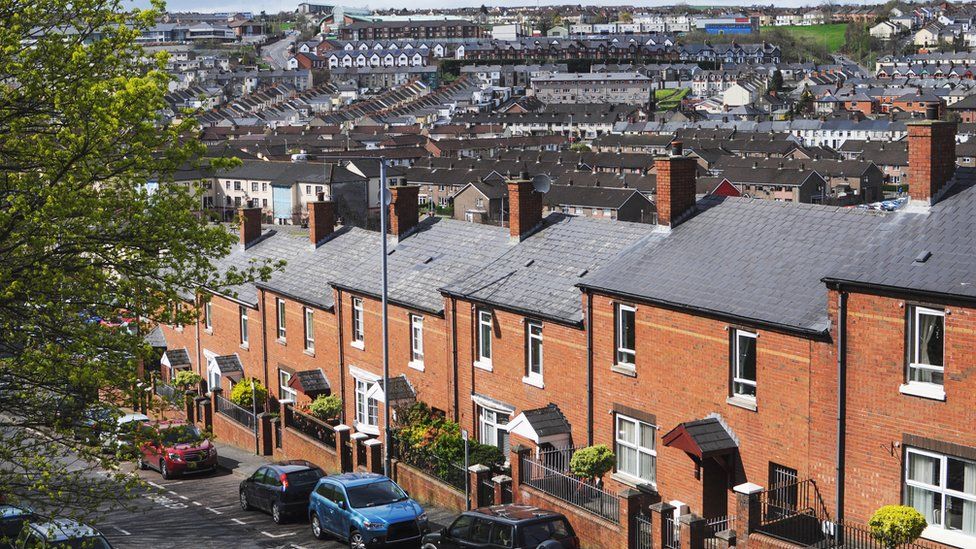
A trend for longer-term fixed-rate mortgages is set to test homeowners’ appetite for certainty over cost – but brokers warn risks will still remain.
On Tuesday, Kensington Mortgages launched a mortgage product with a rate that can be fixed for up to 40 years.
Borrowers already have a choice of long-term fixes beyond the traditional two-year deals, with scores of 10-year products available.
Brokers say the benefits are clear, but such products are unsuitable for many.
Kensington is a non-bank mortgage provider and is able to offer the new product with the backing of Rothesay, a huge pensions insurance specialist.
It said that borrowers could fix their rate for anything between 11 and 40 years, with the cost dependant on the length of repayment and the size of the loan compared to the value of the home. Applicants must not be older than 70 at the end of the mortgage term.
Online lender Habito also launched a deal for up to 40 years earlier this year.
Borrowers, aware of the historically low mortgage rates, have been applying for longer-term fixed-rate deals, but these have commonly been five-year deals.
Lenders are now also offering a selection of 158 different 10-year products, according to financial information service Moneyfacts, amid expectations that the Bank rate will rise soon.
“A [longer] fixed-for-term mortgage – already very popular in some parts of continental Europe – is likely to become increasingly attractive in a rate rising environment,” said Mark Arnold, chief executive of Kensington Mortgages.
That view is backed by government which has said it wants to see more certainty for borrowers.
 IMAGE SOURCE,GETTY IMAGES
IMAGE SOURCE,GETTY IMAGESWithout the need to include a buffer for potentially higher rates in the future, borrowers on a 40-year fixed deal may be able to borrow more.
There are options which would allow people to continue on the same deal, without an extra charge, if they moved home, and allowances if borrowers became critically ill or sold up.
However, brokers point out that there are still plenty of considerations that create risks for borrowers.
Aaron Strutt, from Trinity Financial, said that borrowers would be paying higher interest on these longer-term deals, potentially for many years.
Changing circumstances in people’s lives could also have a big effect. If a customer needed to borrow more in the future – for example, for home improvements – then that could prove costly.
David Hollingworth, of London and Country Mortgages, echoed that view, pointing out that borrowers would be tied in to a rate, but would also be tied in to certain conditions.
“They still face a dilemma – it is quite a balance to consider what is most important to them,” he said.
Finances in retirement
First-time buyers might also find that paying off their mortgage debt over time, and seeing the home rise in value, could easily make cheaper deals available to them in the future, which they would miss out on by fixing a rate for a long time.
There should also be a consideration of how to pay for a long-term mortgage in later life.
Becky O’Connor, head of pensions and savings at Interactive Investor, said: “The rise of mortgages with ultra-long terms that stretch way past retirement age is worrying. It requires a fundamental rethink of what people will need in retirement and could require a change to the assumptions that underpin current guidance for pension savers on how much they should aim to have in their pot.
“If you are considering paying a mortgage into retirement, there’s a huge reality check coming: you will need a much bigger pension than most people are currently on track for to finance this additional borrowing.”


